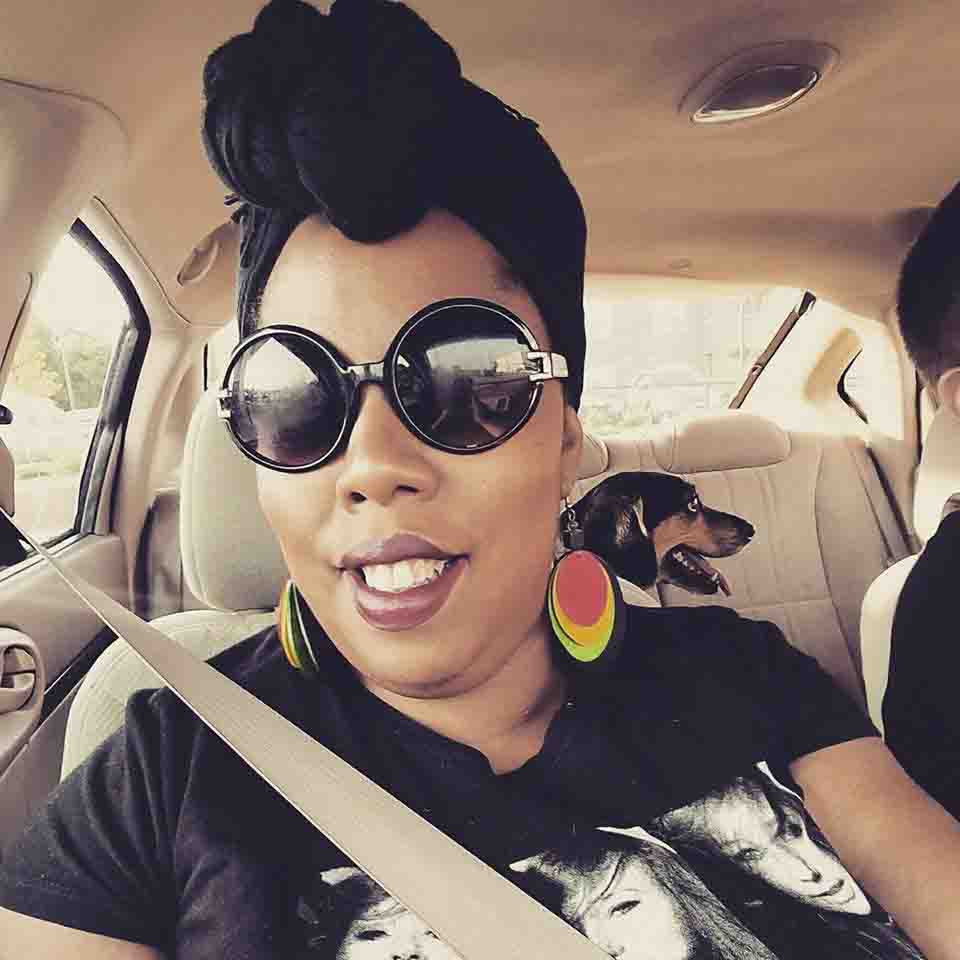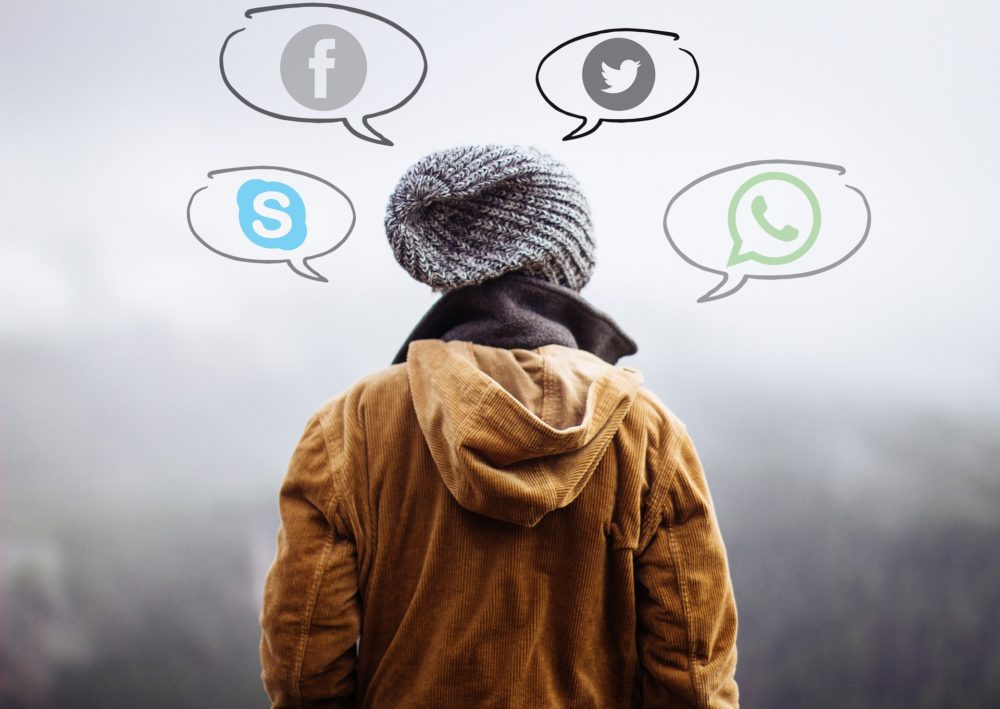Dec. 16, 2017: Reported by a disgruntled person for a 90-day-old post about a bag of crackers. 30-day suspension.
May 11: Facebook removes a repost about the Yale student who called the cops on a sleeping black student, saying it did not fit “community standards.” Original post not removed or flagged. 30-day suspension. July 3: Post of “You call me a f*ggot, I’m calling you an ambulance” removed for hate speech. 30-day suspension. Secondary page banned for use of “queer” community.
Oct. 24: Both accounts put on 30-day suspension. I have no clue why but speculate Facebook did not like me having a secondary account that I use for smoking out local white supremacists.
Dec. 3: Post that called white supremacists “trash” removed. 30-day suspension.

As you can see, 2018 was not a great year for me on social media.
For most, a Facebook ban is a minor inconvenience. One month from the online bickering can be a welcome hiatus for the average social media user.
For an activist, losing access to this platform can be a disruption to their ability to communicate effectively with other activists. It can slow down the distribution of time-sensitive information.
A more “seasoned” activist might write this off as an issue of millennials. They might tell me I should do more tech-free organizing, or stop relying so much on social media. There is some truth to that statement.
But we cannot deny that Facebook and other social media platforms have become an intricate part of the organizing process — or that Facebook knows this. I simply do not believe my stints in “Facebook jail” are cases of getting snagged in the algorithm web.
Allegations of Facebook targeting activists go back almost two years.
BLM activists and organizers like Shaun King, Leslie Mac and DiDi Delgado were temporarily banned from the platform. Facebook jail is such a common occurrence among social justice activists that there are memes mocking the experience.
People of color activists have been banned so many times for saying “white,” they’ve come up with creative ways to talk about racism and white supremacy (VVhite, yt, #FFFFFF, #6F, mayo).
Ironic, isn’t it? II get banned for saying “white,” but if I report death threats and being called a “monkey?” Facebook lets that slide.
Why would Facebook target an activist in the middle of flyover country? The real question is “Why not?”
Facebook has made it abundantly clear: it does not support activists. Facebook would rather see timelines full of cat memes and plates of food. With each ban, they are hoping to suppress the voices of those who don’t have a voice in the government.
It is hoping to hide the horrors and injustices of the world: consume but don’t confront. It’s hoping I will comply, or eventually go away.
I am close to granting them their wish. I have increased my presence on Twitter and look always for Facebook alternatives, such as MeWe, to complete my #Blexodus.
But the thousands of connections I’ve made over 10 years of organizing will primarily stay with Facebook. Building that network on another platform will take time.
Beyond the disruption to my organizing activities, having my personal page blocked for most of the year is just plain depressing. I could not share the good things in my life. I had an amazing garden over the summer that I wanted to share and couldn’t.
One of the bans came during my 40th birthday. My nephew got married while I was in Facebook jail. Another ban came right after my own recent marriage; I could not share the news.
So, what will 2019 bring? I will keep on doing what I do, posting my truth and confronting those who want to deny the truth. Almost certainly, a new Facebook jail sentence is in my future.
I hope Facebook will realize the “security” they’re implementing isn’t reaching the intended targets. Their pursuit of Russian trolls has made people with differing views from the mainstream an internet target.
Or maybe, they are reaching their intended target. Time to consume more cat videos.


